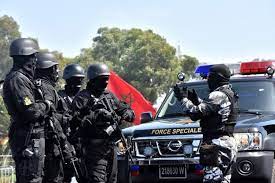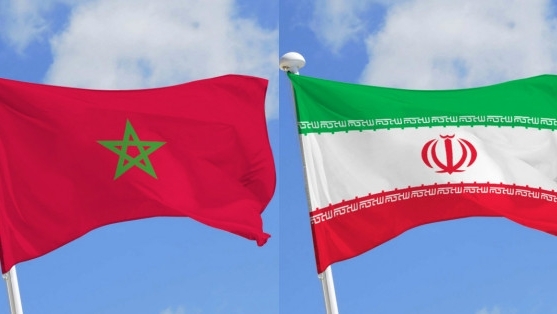The U.S. State Department has praised Morocco’s comprehensive counterterrorism strategy, which includes vigilant security measures, regional and international cooperation, and counter radicalization policies.
In its latest annual report released Nov.30 on terrorism in the world, the State department said the United States and Morocco have a long history of strong counterterrorism (CT) cooperation, hailing the Kingdom’s CT which continued in 2022 to mitigate the risk of terrorism.
The North African Kingdom hosted the 2022 ministerial meeting of the Global Coalition to Defeat ISIS and convened the Counter-ISIS Finance and Africa Focus Groups on the margins of the ministerial, said the report, noting that Morocco is also a member of the Global Counter Terrorism Forum (GCTF) and will take over the GCTF co-chair seat from Egypt in 2023.
Furthermore, Moroccan law enforcement agencies participated in a wide range of U.S.-sponsored programs to improve the country’s technical and investigative capabilities, including financial investigation, intelligence analysis, forensics, and cybersecurity.
Border security remained a top priority for Moroccan authorities, underlined the report, stressing the General Directorate for National Security has primary responsibility for conducting border inspections at ports of entry such as Casablanca’s Mohammed V International Airport. Law enforcement officials and private airline carriers work regularly with the United States to detect and deter individuals attempting to transit illegally and to address watch-listed travelers.
Moroccan airport authorities have excellent capabilities in detecting fraudulent documents, said the U.S. report, noting that police, customs officers, and the Royal Gendarmerie operate mobile and fixed checkpoints along the roads in border areas. Moroccan Naval and Coast Guard units monitored and patrolled the country’s extensive coastal waters, including the Strait of Gibraltar, to interdict illicit traffickers.
The State Department report also cites Morocco’s engagement in countering the Financing of Terrorism. Morocco is a member of the Middle East and North Africa Financial Action Task Force. Its FIU, the National Financial Intelligence Authority, is a member of the Egmont Group.
Morocco remained on the FATF “gray list” in 2022. During 2022, FATF reported that Morocco took steps toward improving its Anti-Money Laundering and Countering Financing of Terrorism (AML/CFT) regime, including by providing additional training and awareness-raising to financial institutions and designated nonfinancial businesses and professions (DNFPBs) to detect and file suspicious transactions, licensing and monitoring the registration of DNFBPs, and addressing technical deficiencies related to targeted financial sanctions.
Morocco is also co-chair for the Global Coalition to Defeat ISIS’s Africa Focus Group, added the report, saying that the country’s comprehensive CVE strategy prioritizes economic and human development in addition to countering radicalization to violence and oversight of the religious sphere.
To counter “religious extremism”, Morocco promotes an interpretation of the Maliki-Ashari school of Sunni Islam, said the report, citing in this regard the educational curriculum developed by the Ministry of Islamic Affairs for the training of nearly 50,000 imams and female Islamic guides (Mourchidates).
Morocco’s imam training center in Rabat trains imams mostly from West Africa, said the State Department report. It hailed the role played by the Mohammedia League of Ulema which counters radicalization by producing scholarly research, reviewing educational curricula, and conducting youth outreach on religious and social topics.
For its part, The General Delegation for Prison Administration and Reintegration, in cooperation with other ministries, conducted several training workshops of its deradicalization program, Moussalaha (Reconciliation) for both women and men.



